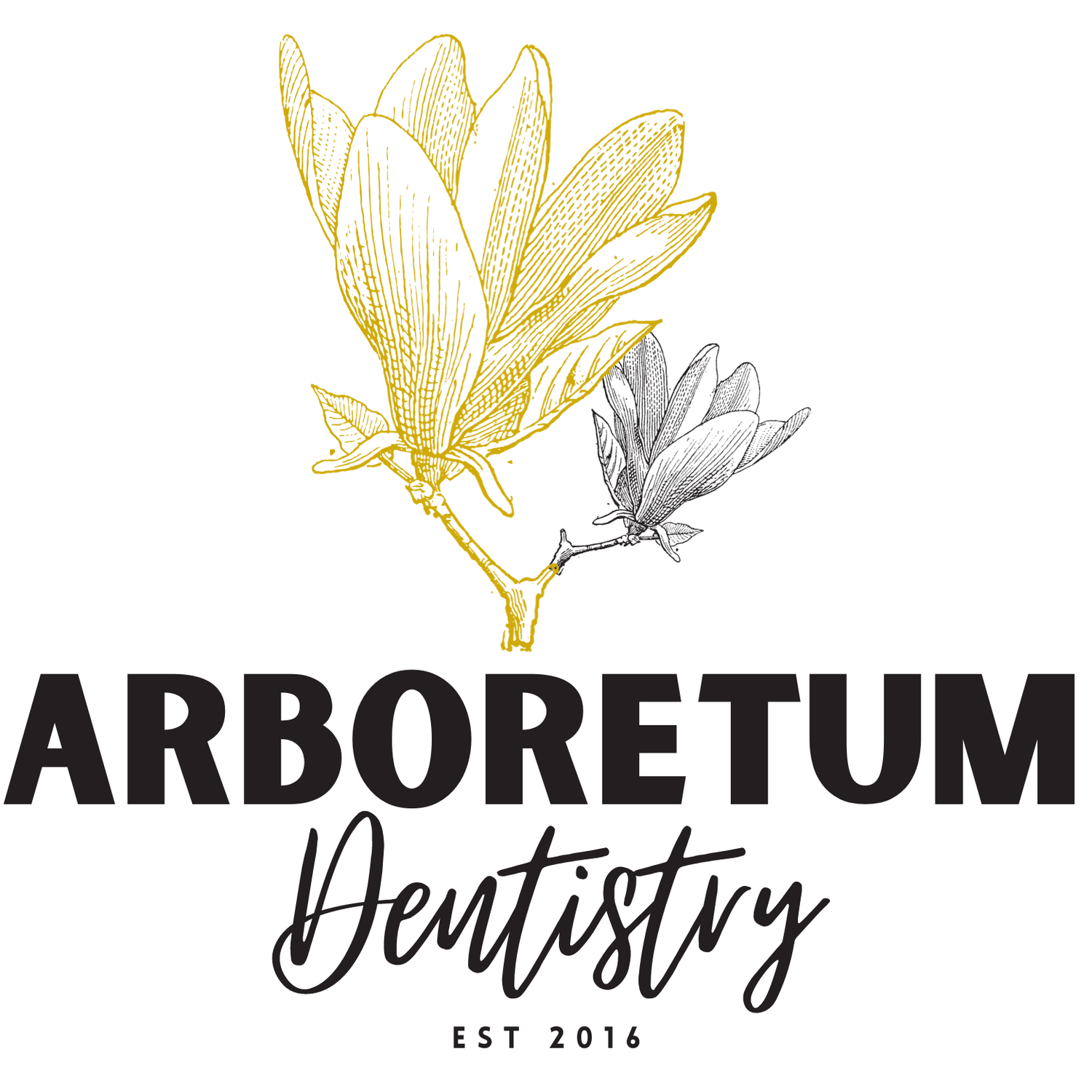"Understanding and Conquering Periodontal Disease: A Comprehensive Guide to Healthy Gums"
Periodontitis, often referred to as periodontal disease, is a serious gum infection that damages the soft tissue and, without treatment, can destroy the bone that supports your teeth, potentially leading to tooth loss or increased risk of heart and lung diseases. Periodontal disease ranges from simple gum inflammation, known as gingivitis, to severe damage to the soft tissue and bone that support the teeth.
Stages of Periodontal Disease
Gingivitis: The earliest stage of periodontal disease, characterized by inflammation of the gums due to plaque buildup at the gumline. If not removed by daily brushing and flossing, plaque can produce toxins (or poisons) that can irritate the gum tissue, causing gingivitis.
Mild to Moderate Periodontitis: If left untreated, gingivitis can advance to periodontitis. In this stage, the inner layer of the gum and bone pull away from the teeth and form pockets, which can collect food and plaque. These pockets become infected, and the body's immune system fights the bacteria as the plaque spreads and grows below the gum line.
Advanced Periodontitis: In this final stage of gum disease, the fibers and bone supporting your teeth are destroyed, causing your teeth to shift or loosen. This can affect your bite and, if aggressive treatment cannot save them, teeth may need to be removed.
Causes of Periodontal Disease
The primary cause of periodontal disease is plaque buildup, but other factors can contribute to its progression, including:
Hormonal changes, such as those occurring during pregnancy, puberty, menopause, and monthly menstruation, make gums more sensitive and make it easier for gingivitis to develop.
Illnesses may affect the condition of your gums. This includes diseases such as cancer or HIV that interfere with the immune system. Because diabetes affects the body's ability to use blood sugar, patients with this disease are at a higher risk of developing infections, including periodontal disease.
Medications can affect oral health because some lessen the flow of saliva, which has a protective effect on teeth and gums. Some drugs, such as the anticonvulsant medication phenytoin and the anti-angina drug nifedipine, can cause abnormal growth of gum tissue.
Bad habits such as smoking make it harder for gum tissue to repair itself.
Poor oral hygiene habits such as not brushing and flossing daily, make it easier for gingivitis to develop.
Family history of dental disease can be a contributing factor for the development of gingivitis.
Treatment and Prevention
The main goal of periodontal disease treatment is to control the infection. The number and types of treatment will vary, depending on the extent of the gum disease. All types of treatment require good daily care at home. This includes:
Good oral hygiene practices, like brushing at least twice a day and flossing regularly.
Quitting smoking, as it is a significant risk factor for the development and progression of periodontal disease.
Regular dental check-ups and professional cleaning.
In more severe cases, scaling and root planing (a deep-cleaning method), medications, or even surgery may be required to treat the affected gums and bones.
Prevention is key to managing periodontal disease. Regular dental visits and good oral hygiene routines can significantly reduce the chance of developing periodontal disease.
Useful Tools to Combat Periodontal Disease:
Waterpick Sidekick Flosser.
Effective Plaque Removal: Removes up to 99.9% of plaque bacteria that causes gingivitis, cavities, and bad breath from treated areas
Sonicare Diamondclean.
It’s a complete oral care package with smart sensor technology for an exceptional clean.
Removes up to 10x more plaque and improves gum health up to 7x in just 2 weeks (in gum health mode vs. a manual toothbrush)
Removes up to 100% more stains in just 3 days (in white+ mode vs. a manual toothbrush)
Prescription Toothpaste.
Sodium fluoride makes teeth more resistant to decay and bacteria that cause cavities. This medication is used to prevent cavities.
Floss!
Our favorite is CocoFloss. It is woven with grime-grabbing fibers to keep your teeth and gums healthy. It's also infused with vegan wax, coconut oil, and yummy fragrances for a thorough cleanse.






